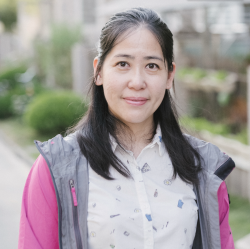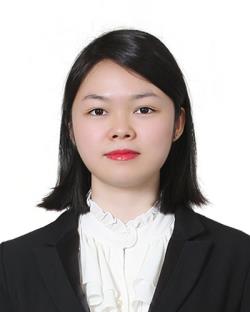Global Classrooms, Local Action: Empowering Youth with Digital Tools to Address Real-World Challenges
Shanghai Green Light-Year
Session 153
Our youth speakers, representing different corners of the world, have harnessed digital tools in remarkable ways. In the realm of Education for sustainable development, they utilized AI to collect and analyze vast amounts of Climate Change Education data, enabling more targeted educational programs that reached remote communities. In promoting digital inclusion, they developed accessible digital platforms, breaking down barriers for people with hard-hearing. Regarding gender equality, digital campaigns were launched to challenge stereotypes and provide equal opportunities for women in the digital sphere. These initiatives not only demonstrate the potential of digital tools but also the creativity and dedication of young people.
Looking towards 2025, we envision a world where the digital divide is significantly reduced. Young people, armed with digital skills and tools, will be at the forefront of driving local change. They will continue to develop innovative solutions for real-world challenges, from climate change to social inequalities. By fostering cross-cultural understanding through global classrooms, youth can share their experiences and knowledge, leading to more effective and sustainable local actions. We hope that by then, the empowerment of youth with digital tools will have become a norm, creating a virtuous cycle of innovation, social progress, and a more sustainable future for all.





-
 C4. Capacity building
C4. Capacity building
-
 C7. ICT applications: benefits in all aspects of life — E-learning
C7. ICT applications: benefits in all aspects of life — E-learning
-
 C11. International and regional cooperation
C11. International and regional cooperation
-
 Goal 4: Ensure inclusive and equitable quality education and promote lifelong learning opportunities for all
Goal 4: Ensure inclusive and equitable quality education and promote lifelong learning opportunities for all
-
 Goal 5: Achieve gender equality and empower all women and girls
Goal 5: Achieve gender equality and empower all women and girls
-
 Goal 11: Make cities inclusive, safe, resilient and sustainable
Goal 11: Make cities inclusive, safe, resilient and sustainable
- Objective 1: Close all digital divides and accelerate progress across the Sustainable Development Goals
- Objective 2: Expand inclusion in and benefits from the digital economy for all
- Objective 3: Foster an inclusive, open, safe and secure digital space that respects, protects and promotes human rights